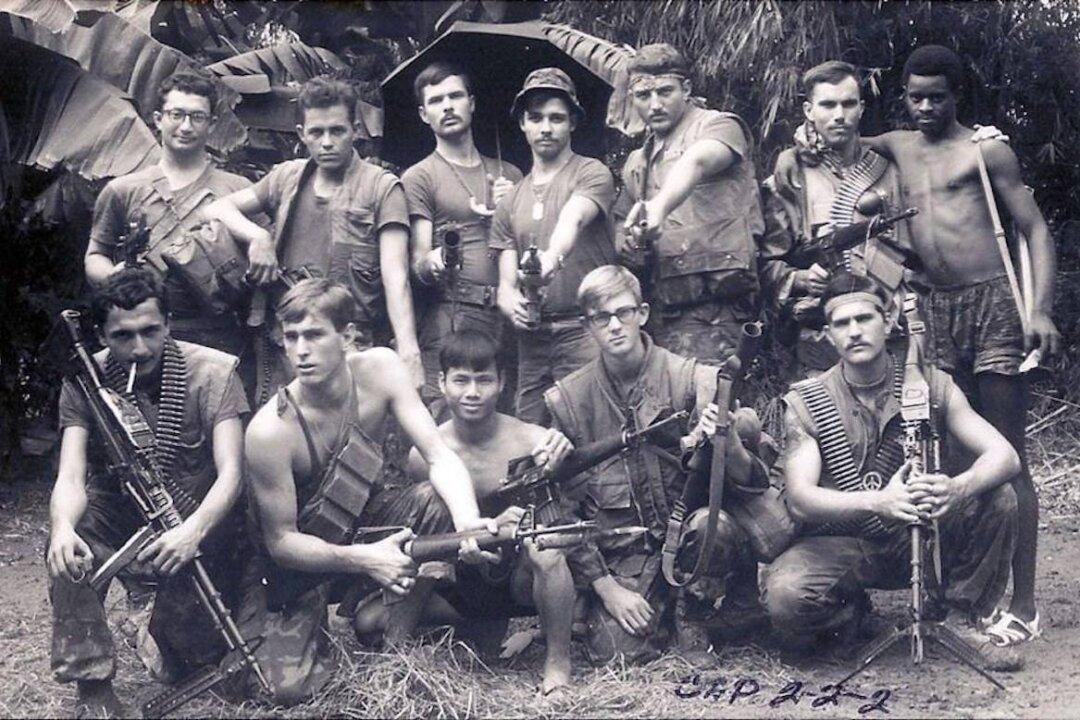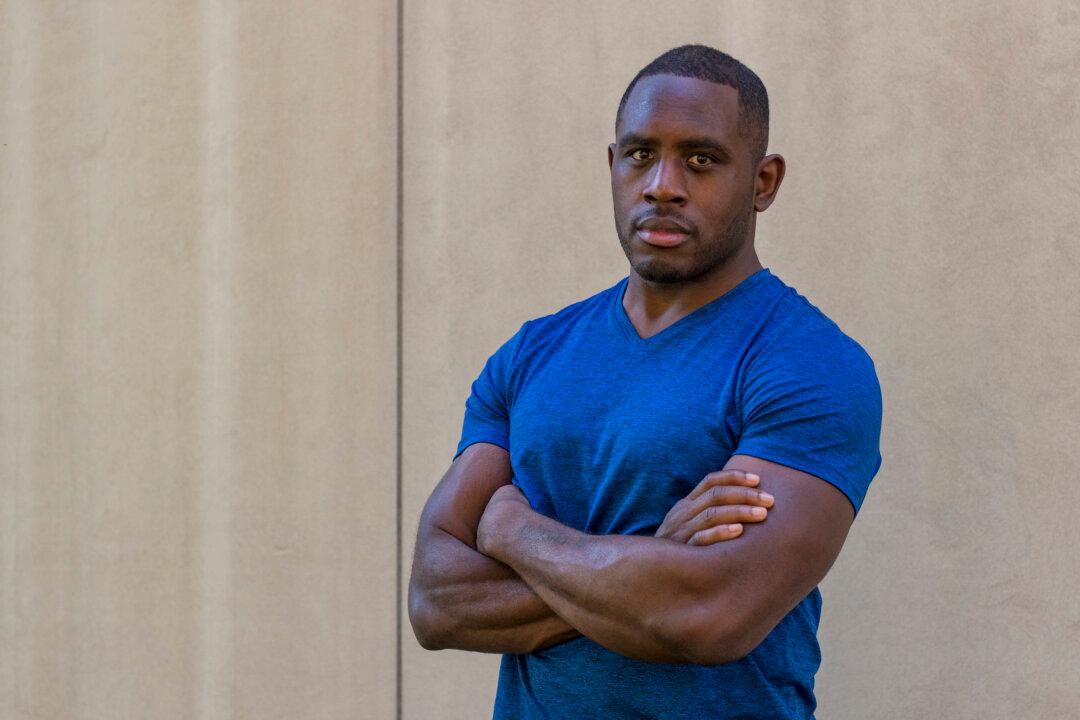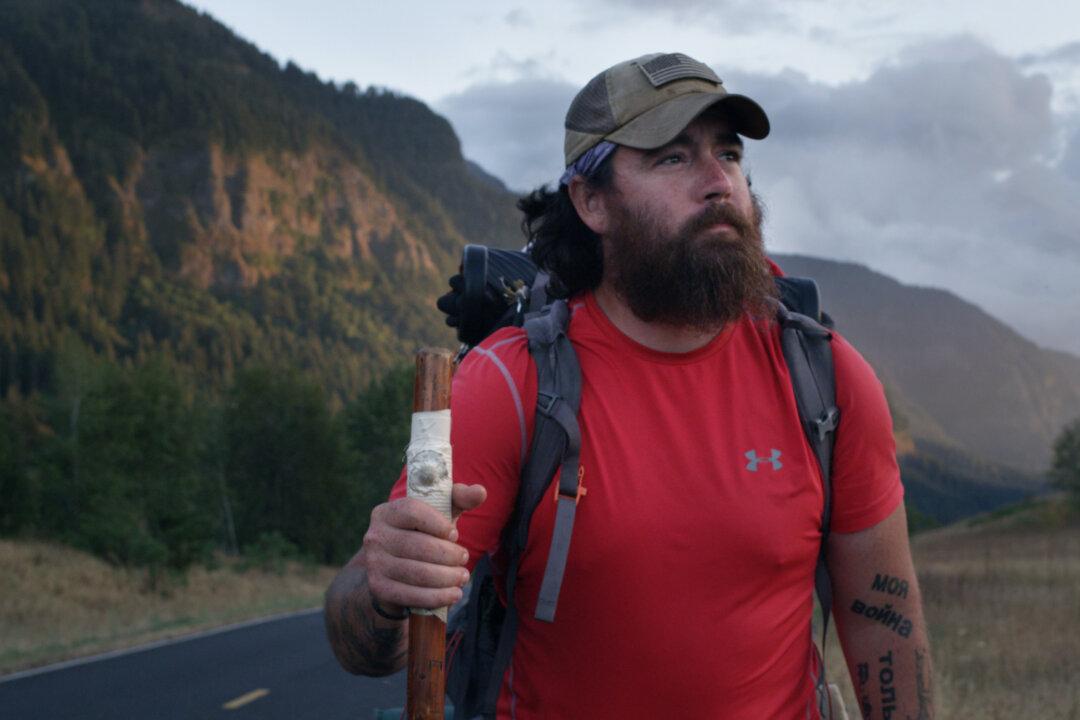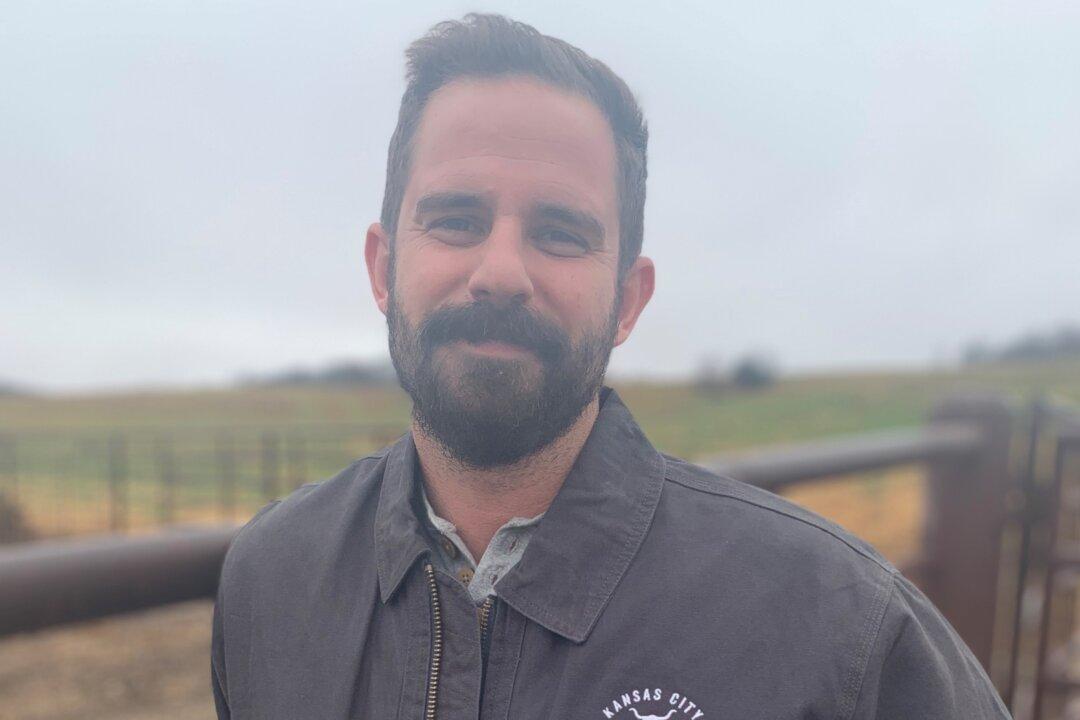The Vietnam War continues to be a highly debated topic to this day, and was a period of time that left an indelible mark on American history. Many of us have heard about the atrocities that took place during the war, but few of us have heard of the acts of kindness and unlikely relationships that were formed. One former Marine recounts his time in Vietnam, and the tragic fate of the village he and his unit fought to protect.
Jack Cunningham is 68 years old, and lives in Sussex County, New Jersey. Ever since he was 5 years old, he knew he wanted to be a United States Marine. He graduated from high school, and enlisted in the Marine Corps a month later. In September 1969, the 18-year-old was off to boot camp.






